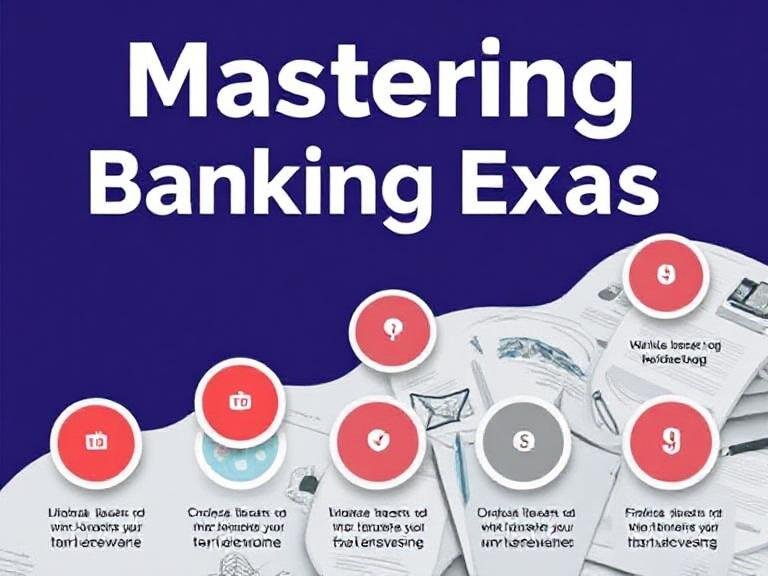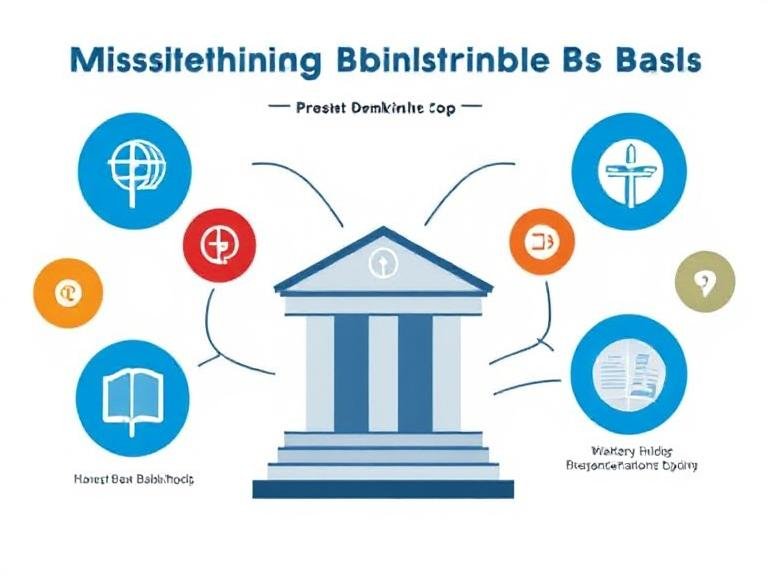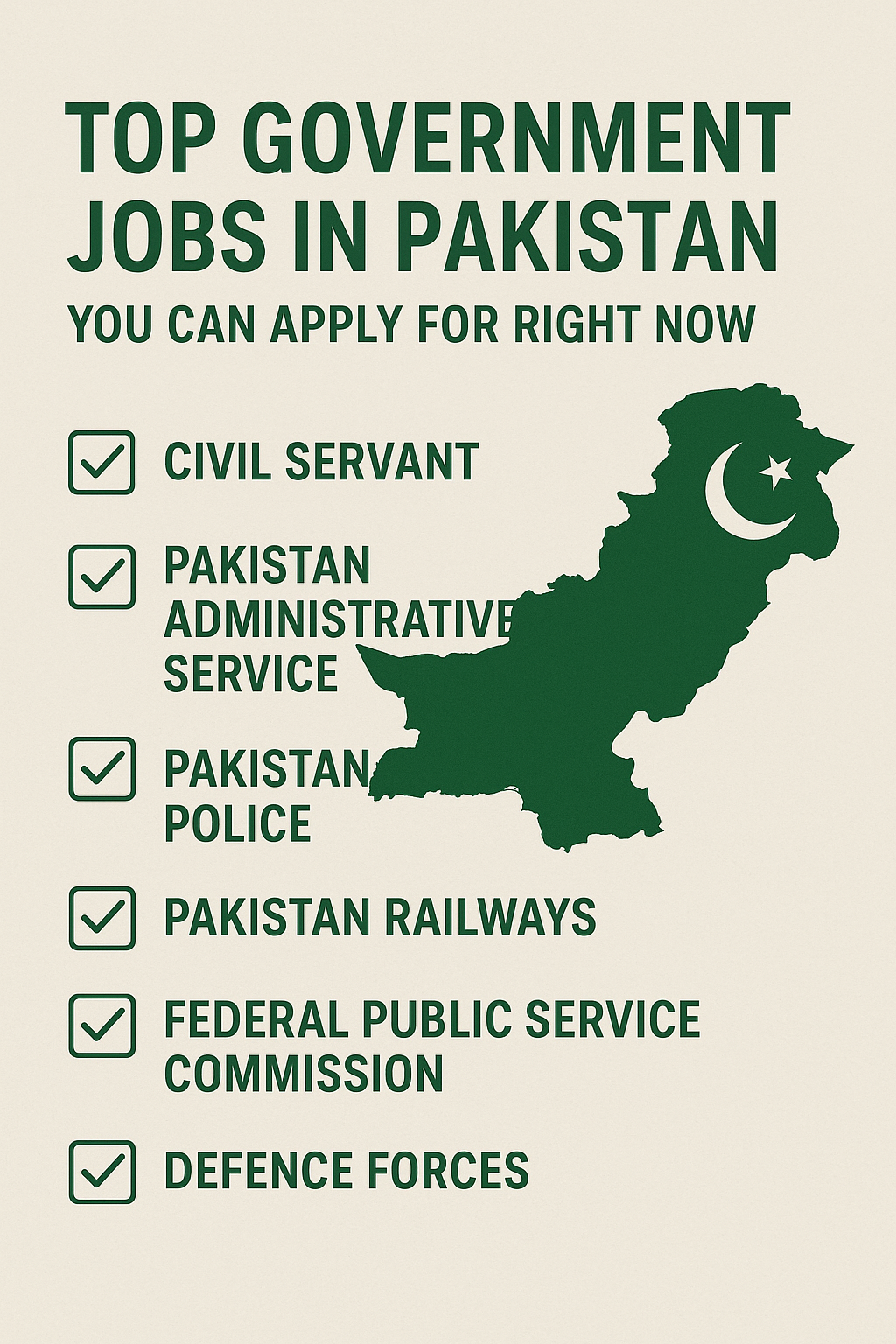Introduction to Banking Careers (SBI, RBI, IBPS)
The Mastering Banking Exams sector holds a prestigious position in the Indian economy, offering a plethora of opportunities for aspirants aiming for a stable and rewarding career. With the advent of globalization and digitalization, banks have become the backbone of the nation’s financial infrastructure, necessitating a constant influx of talented professionals. Prominent among these opportunities are the positions offered through exams conducted by the State Bank of India (SBI), Reserve Bank of India (RBI), and the Institute of Banking Personnel Selection (IBPS). Each entity plays a crucial role in shaping the careers of thousands of aspirants every year. This article provides a comprehensive guide to mastering the exams conducted by these institutions, offering insights into preparation strategies, resources, and essential tips for success.

Career Opportunities in Banking Sector
The Mastering Banking Exams sector is a vast field with numerous career paths available, ranging from clerical positions to high-profile managerial roles. The allure of a banking career lies not just in the job security it offers but also in the opportunities for career advancement and skill development. Working in banks like SBI, RBI, or those that hire through IBPS can lead to roles in various departments like risk management, investment banking, retail banking, and more. As technology continues to transform the banking landscape, professionals with expertise in IT and digital banking are increasingly in demand.
- SBI: The State Bank of India is one of the largest public sector banks in India. It offers roles such as Probationary Officers (PO), Clerks, and Specialist Officers (SO), each with its own set of responsibilities and career trajectories.
- RBI: The Reserve Bank of India, the country’s central bank, is an esteemed institution offering roles that are highly sought after due to the bank’s pivotal role in the Indian economy. Positions here include Grade B Officers, Assistants, and Research Officers.
- IBPS: The Institute of Banking Personnel Selection conducts exams for various public sector banks, regional rural banks, and cooperative banks, facilitating the recruitment of clerks, POs, and SOs.
The eligibility criteria for these exams typically include a minimum educational qualification of a bachelor’s degree from a recognized university. The age criteria vary, but generally, candidates should be between 20 to 30 years for most positions, with certain relaxations available for reserved categories.
Role of SBI, RBI, and IBPS in Banking Careers
Each of these institutions has a unique role in the banking sector, offering diverse career paths. SBI, with its extensive network, provides significant opportunities across urban and rural areas, making it a desirable employer for many. The bank’s comprehensive training programs and growth prospects ensure that employees can steadily climb the corporate ladder. In contrast, the RBI’s allure lies in its central role in formulating monetary policy and regulating the banking system. Careers at the RBI are often associated with high prestige and responsibility, attracting candidates who are keen on making impactful decisions in the financial domain.
IBPS, on the other hand, acts as a facilitator for recruitment across various banks in India. By conducting standardized exams, IBPS ensures a fair and merit-based selection process. The roles facilitated by IBPS are essential for the smooth functioning of banks, providing candidates with ample opportunities for growth and development.
Eligibility Criteria and Qualifications Needed
Eligibility criteria for mastering banking exams are fairly standardized, focusing on educational qualifications, age limits, and sometimes specific skill sets. Generally, a bachelor’s degree is the minimum educational requirement. However, candidates from any stream are eligible, making it accessible for a wide range of graduates. The age criteria typically range from 20 to 30 years, with specific relaxations for categories like SC, ST, and OBC, as well as for ex-servicemen and differently-abled candidates.
- Educational Qualifications: A degree from a recognized university is essential. For specialized roles, additional qualifications such as a degree in law, engineering, or IT may be required.
- Age Criteria: The standard age limit is 20-30 years. However, there are relaxations for reserved categories.
- Other Requirements: Proficiency in the local language and basic computer skills are often required, especially for clerical roles.
Understanding these criteria is crucial for aspirants to ensure they meet the necessary requirements before applying for these exams.
Comprehensive Guide to SBI Exam Preparation
Preparing for the SBI exams requires a strategic approach due to the competitive nature and the complexity of the exam pattern. The SBI exams are known for their rigorous selection process, which includes multiple stages designed to assess a candidate’s aptitude, reasoning abilities, and general awareness.
Detailed Breakdown of SBI Exam Stages
The SBI recruitment process, particularly for roles like Probationary Officers, involves a three-tier examination process:
- Preliminary Examination: This is the first stage, which serves as a screening test. It consists of three sections—English Language, Quantitative Aptitude, and Reasoning Ability. Each section is timed, and candidates must clear the sectional as well as the overall cut-off to qualify for the next stage.
- Main Examination: Candidates who clear the preliminary stage move on to the mains, which is more comprehensive. It includes sections like Data Analysis & Interpretation, Reasoning & Computer Aptitude, General/Economy/Banking Awareness, and English Language. The main exam also includes a descriptive paper, testing the candidate’s writing skills.
- Group Discussion & Interview: The final selection stage involves a group discussion and a personal interview, where candidates’ communication skills, confidence, and knowledge are assessed.
Recommended Books and Online Resources
To excel in the SBI exams, aspirants need to equip themselves with the right study materials and resources:
- Books:
- “Quantitative Aptitude for Competitive Examinations” by R.S. Aggarwal
- “A Modern Approach to Verbal & Non-Verbal Reasoning” by R.S. Aggarwal
- “Objective English for Competitive Examinations” by Hari Mohan Prasad
- Online Resources:
- Websites like Oliveboard and Gradeup offer mock tests and daily quizzes.
- YouTube channels like “Study IQ” and “Unacademy” provide free lectures and exam tips.
Time Management Tips for Effective Preparation
Time management is crucial for banking exams due to the extensive syllabus and limited preparation time. Here are some tips to optimize study time:
- Create a Study Schedule: Allocate specific time slots for each subject and adhere to the schedule consistently.
- Prioritize Weak Areas: Focus more on subjects or topics where you feel less confident.
- Regular Mock Tests: Taking regular mock tests helps in understanding the exam pattern and improving speed and accuracy.
- Short Breaks: Incorporate short breaks between study sessions to maintain focus and avoid burnout.

Strategies for Success in RBI Exams
The RBI exams are known for their challenging nature, given the prestige and responsibilities associated with the roles. Success in these exams requires a deep understanding of the exam pattern and a strategic approach to preparation.
Understanding the RBI Exam Pattern
The RBI Grade B examination is conducted in three phases:
- Phase I (Preliminary Exam): This is an objective test covering areas such as General Awareness, English Language, Quantitative Aptitude, and Reasoning. It acts as a qualifying round for the next phase.
- Phase II (Mains Exam): This phase comprises both objective and descriptive tests. It includes papers on Economic and Social Issues, English (Writing Skills), and Finance & Management.
- Interview: Candidates who clear the mains are called for an interview, which assesses their personality, communication skills, and domain knowledge.
Tips for Effective Note-Making and Revision
Effective note-making is essential for retaining vast amounts of information:
- Summarize Key Points: Make concise notes of important topics for quick revision.
- Use Diagrams and Charts: Visual aids can help in remembering complex information.
- Regular Revision: Schedule regular revision sessions to reinforce learning.
Importance of Current Affairs in RBI Preparation
Current affairs play a vital role in the RBI exams, especially in the General Awareness section and the interview:
- Daily News Updates: Stay updated with daily news, focusing on economic developments, mastering banking exams policies, and international events.
- Monthly Magazines: Refer to magazines like “Pratiyogita Darpan” for comprehensive coverage of current events.
- Online Resources: Websites like “The Hindu” and “Economic Times” provide valuable insights into current affairs.
Navigating the IBPS Examination Process
The IBPS exams are a gateway to numerous banking roles, with a structured examination process that tests various competencies.
Step-by-Step Guide to IBPS Exam Phases
The IBPS recruitment process involves three main stages:
- Preliminary Examination: A qualifying exam with sections on English Language, Numerical Ability, and Reasoning Ability.
- Main Examination: This includes sections on Reasoning & Computer Aptitude, General/Economy/Banking Awareness, English Language, and Data Analysis & Interpretation.
- Common Interview: Conducted for candidates who clear the mains, it assesses their overall suitability for the role.
Online Resources for IBPS Preparation
Leverage online resources to enhance preparation:
- Mock Tests: Use platforms like Testbook and Career Power for practice tests.
- Video Tutorials: Channels like “Bankers Adda” offer tutorials and exam tips.
- Discussion Forums: Join forums on social media to interact with fellow aspirants and share resources.
Tips for Group Discussions and Personal Interviews
Group discussions and interviews are critical stages in the IBPS selection process:
- Stay Informed: Be aware of current affairs and banking trends to contribute effectively to discussions.
- Practice Speaking Skills: Engage in mock group discussions to improve communication skills.
- Prepare for Common Questions: Anticipate questions related to your background, strengths, and career aspirations.
Conclusion
Mastering banking exams like those conducted by SBI, RBI, and IBPS requires a well-rounded approach, combining effective study techniques, resource utilization, and consistent practice. By understanding the exam patterns, leveraging recommended resources, and implementing strategic preparation methods, aspirants can significantly enhance their chances of success. A career in banking offers stability, growth, and the opportunity to contribute to the financial sector, making the rigorous preparation process worthwhile.

